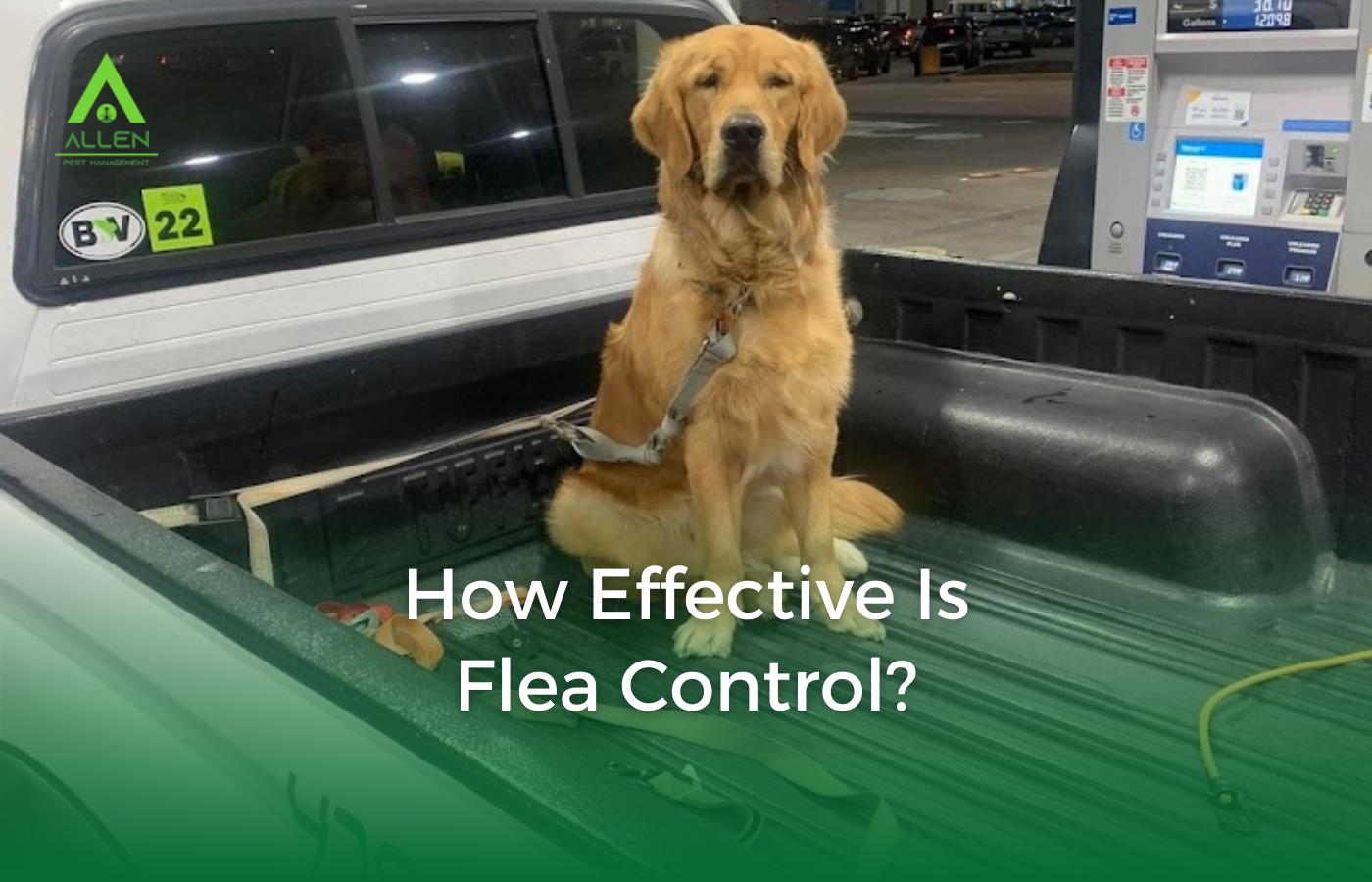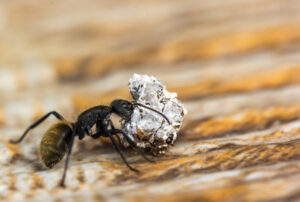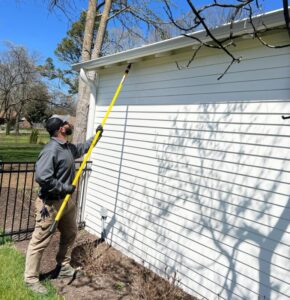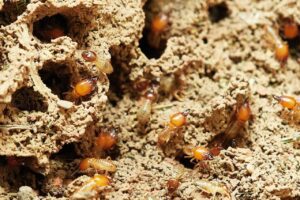Flea infestations can be a frustrating ordeal for any pet owner. These tiny, agile parasites thrive in warm environments and can cause severe discomfort and health issues for pets. From topical treatments to environmental strategies, there are numerous ways to tackle a flea problem.
But how effective are these methods? And what does it take to ensure a flea-free home? Let’s explore the science behind flea control and the most effective strategies to combat these pests.
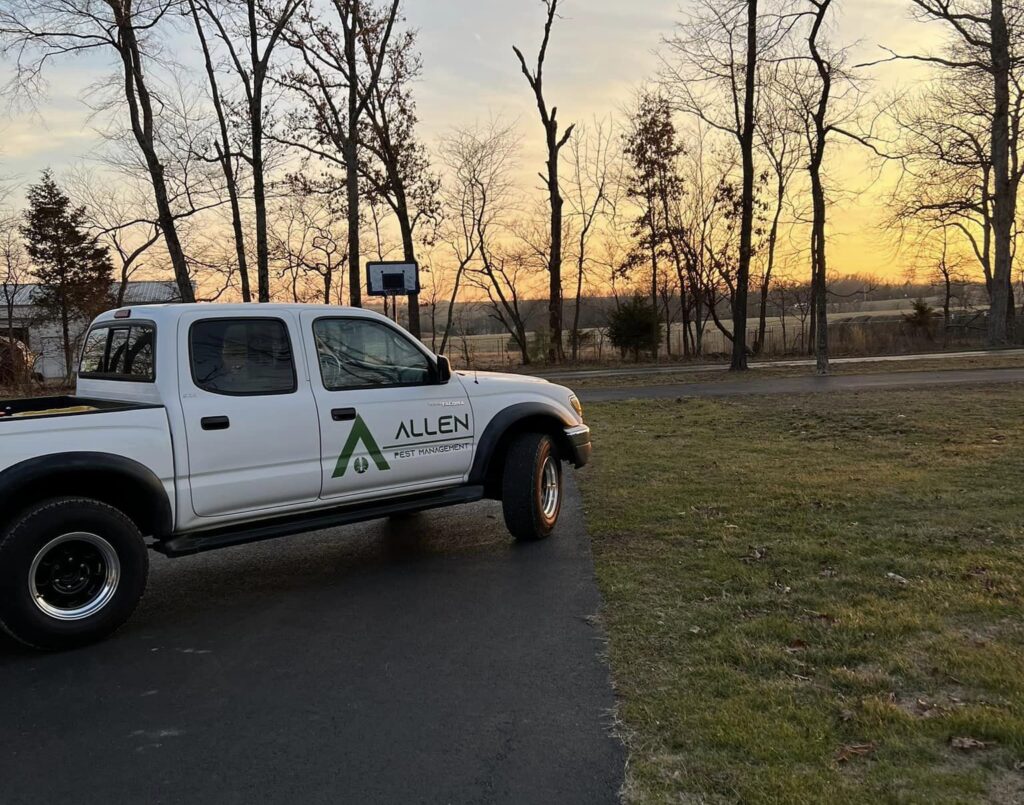
Understanding Flea Life Cycle
The Importance of Targeting All Life Stages
To effectively control fleas, it’s essential to understand their life cycle. Fleas go through four stages: egg, larva, pupa, and adult. Most treatments target adult fleas, but true effectiveness comes from addressing all life stages, preventing fleas from maturing and reproducing.
Topical Treatments and Oral Medications
The Quick Action of Topical Solutions
Topical preventions, such as spot-on treatments, have been shown to clear current flea burdens on dogs within 12–48 hours. These solutions are applied directly to the pet’s skin, providing fast relief from fleas and preventing future infestations.
The Long-Term Efficacy of Oral Medications
Oral flea medications are another effective option, often working within hours of administration. These pills can provide protection for up to 30 days, making them a convenient choice for ongoing flea control. Studies have found that certain oral medications can reduce flea populations by up to 100% within 90 days of consistent use.
Environmental Control Strategies
The Role of Home and Yard Treatments
While treating your pet is crucial, effective flea control also involves addressing the environment where fleas live and breed. Regular vacuuming, washing pet bedding, and applying safe, pet-friendly insecticides in your home and yard can significantly reduce flea populations.
The Debate Over Flea Bombs, Traps, and Sprays
Though commonly used, flea bombs, traps, and sprays should not be the sole method of flea control. These methods may kill adult fleas but often fail to address the entire life cycle. Integrated pest management, combining these tools with other methods, is recommended for comprehensive flea control.
Natural and Home Remedies
Exploring Safer Alternatives
For pet owners concerned about chemical exposure, natural remedies offer an alternative. Ingredients like diatomaceous earth, essential oils, and nematodes can help manage flea populations without harsh chemicals. However, their effectiveness may be more limited compared to conventional treatments, and they should be used with caution to avoid harm to pets.
Winning the War on Fleas: A Comprehensive Guide to Protecting Your Pets and Home
In the battle against fleas, knowledge and action go hand in hand. Understanding the life cycle of fleas and employing a comprehensive strategy that includes topical treatments, oral medications, environmental management, and even natural remedies when appropriate, can lead to a significant reduction in flea populations. This ensures not only the health and comfort of your pets but also the peace of your household.
Allen Pest Management offers effective, safe flea control for families and pets. Our experts customize treatments to keep your home and pets flea-free. Don’t let fleas invade your space; contact us today for a solution. Achieve a comfortable, flea-free home with our help.

